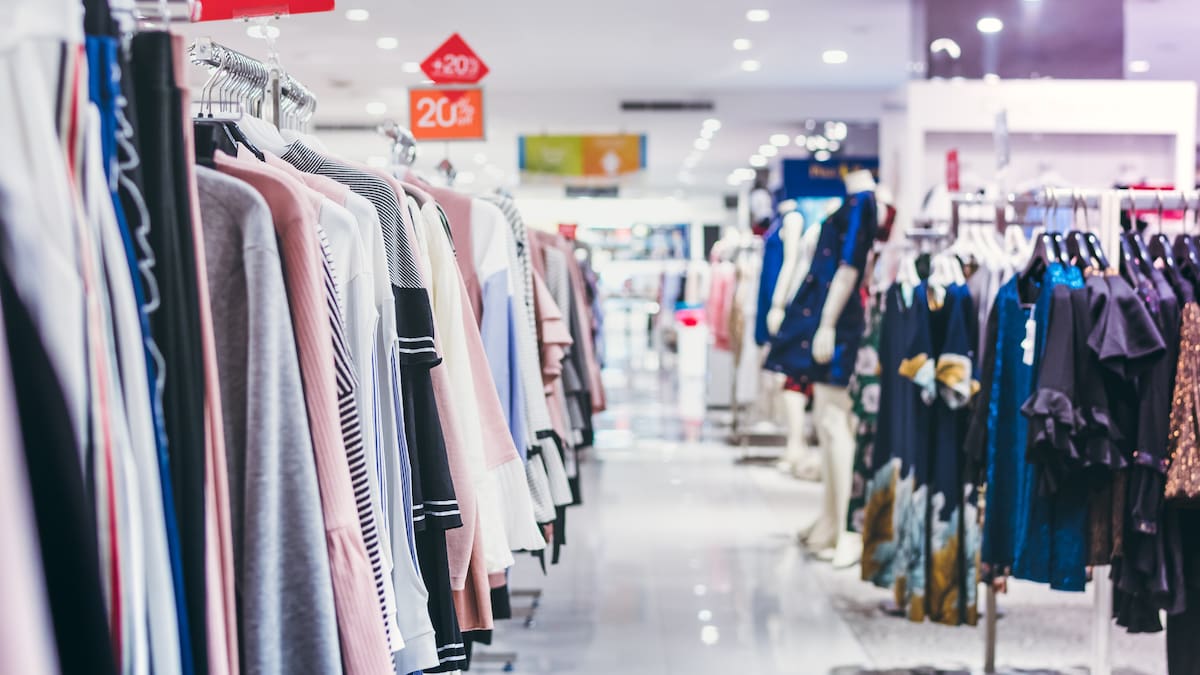The survey showed leaders of larger local retailers saw AI as helping them to remain more competitive against global giants.
Smaller operators had more reservations about the value of the AI for their business and their ability to keep up with changing technology.
Monday.com senior industry lead Gavin Watson said retailers were trialling AI for specific tasks, primarily administrative ones.
“What they want to do is test and learn, and then figure out where it’s going to have the best impact in terms of bottom lines and efficiencies without impacting the customer experience.
“Retailers who may only have one employee at a store level bring information directly to the front when they’re answering customer questions. That may be around product ingredients.”
Fashion and e-commerce businesses reported using AI more for customer support and managing stock; furniture and homeware stores used it more for product recommendations; and food and drink sellers were most likely to use it for sales assistance and inventory.
Nutrition Warehouse chief operating officer Duncan McHugh said it used AI tools for e-commerce, HR, marketing campaigns, internal communications, and other back-office functions.
The company was also trialling internal chatbots for store staff to compare products and answer customer questions quickly and accurately, but it was careful not to have AI directly interacting with customers.
“Complex formulas, allergens and supplement claims need human oversight. So, while AI speeds up research and training, any advice we give is still checked by our qualified team before it reaches shoppers.”
Michael Sergel is Newstalk ZB’s business reporter, covering the daily life of business and the business of daily life. He’s been covering business, politics, local government and consumer affairs for over a decade.

